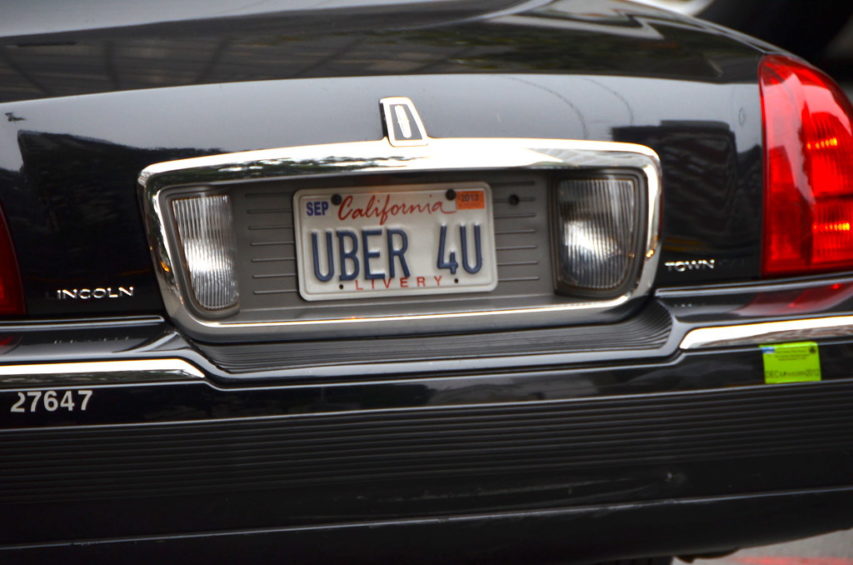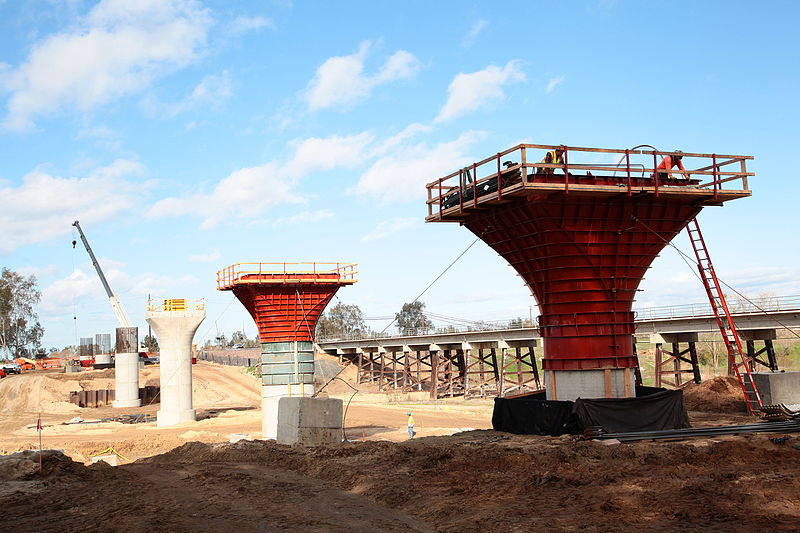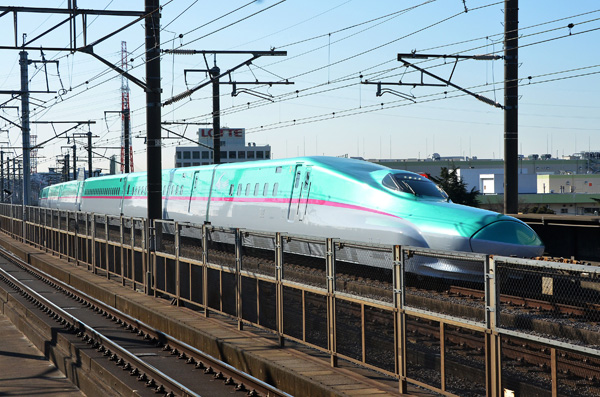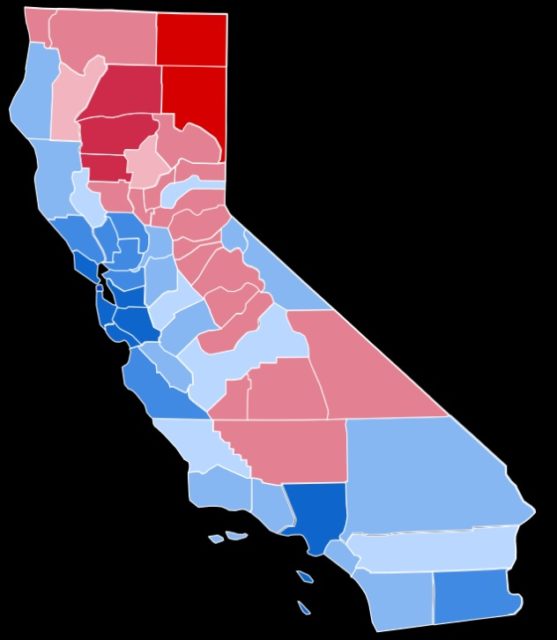Arthur Chrenkoff on the surprisingly high percentage of wildfires that don’t have a natural origin:
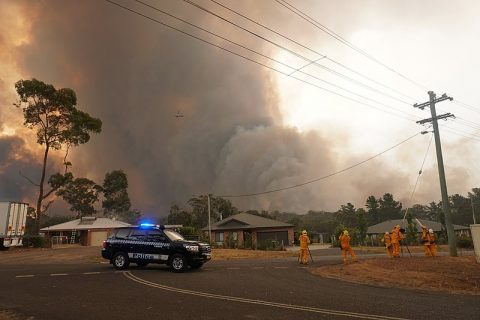
The Green Wattle Creek bushfire moves towards the Southern Highlands township of Yanderra as police evacuate residents from Yanderra Road, 21 December, 2019.
Photo by Helitak430 via Wikimedia Commons
Whatever your position on climate change – majority of experts believe that higher temperatures and drier conditions exacerbate wildfires, both in Australia and America – there is no immediate solution to be found on the global level. If you agree that man-made emissions are driving up temperatures, there is no course of action that will in any substantial way change the climatic conditions for the better over the next few decades (the most ambitious climate change plans talk in terms of slowing down temperature increases, not reversing the trend). Shut down the whole industrial civilisation tomorrow, and the present climate would still lag behind. Talking about wildfires and climate change (as Pelosi, Newsom and many others do) might be a good propaganda for climate action, but it will do nothing for this or any future fiery disasters.
Fortunately, there are much more immediate factors and solutions than shutting down coal and transitioning to renewable energy (themselves decades-long projects). Wildfires are almost exclusively man-made calamities, but not in the way the climate change activists think. Changing climate might indeed be making fires more difficult to contain and extinguish, but it neither starts nor fuels them. We do. Herein, therefore, lie the opportunities to mitigate such disasters as we are witnessing at the moment.
Almost all fires are started by humans
Forests don’t spontaneously combust. And while lightning can often set trees on fire, this accounts for only a very small proportion of all fires.
In Australia, it has been estimated that 87 per cent of 113,000 fires that occurred “in nature” between 1997 and 2009 have been man-made.
In the United States, the latest study from the University of Colorado at Boulder calculates that 97 per cent of fires between 1992 and 2015 that threatened homes (i.e. those happening in the so called “wildland-urban interface”) were started by humans (as were 85 per cent of all fires in “very-low-density housing” areas and 59% of all wildfires in the wild).
A word of caution: man-made does not automatically mean intentional. The scenarios range from broken glass acting as lenses for sun rays or sparks from power lines and machinery, through carelessly discarded cigarette butts and incompletely extinguished bonfires, to amateur back burn attempts getting out of control and – yes – deliberate arson.
During the Australian bushfire crises, I have compiled media reports of around 200 individuals who have been arrested and/or charged in connection with starting fires – many, though not all, on purpose.
In the United States, the cases of arsonists caught by the authorities are mounting, though nowhere near the Australian numbers yet. In Portland, a man was arrested for starting a fire, released, and started another six fires – at this rate, the US might quickly catch up to Down Under.

